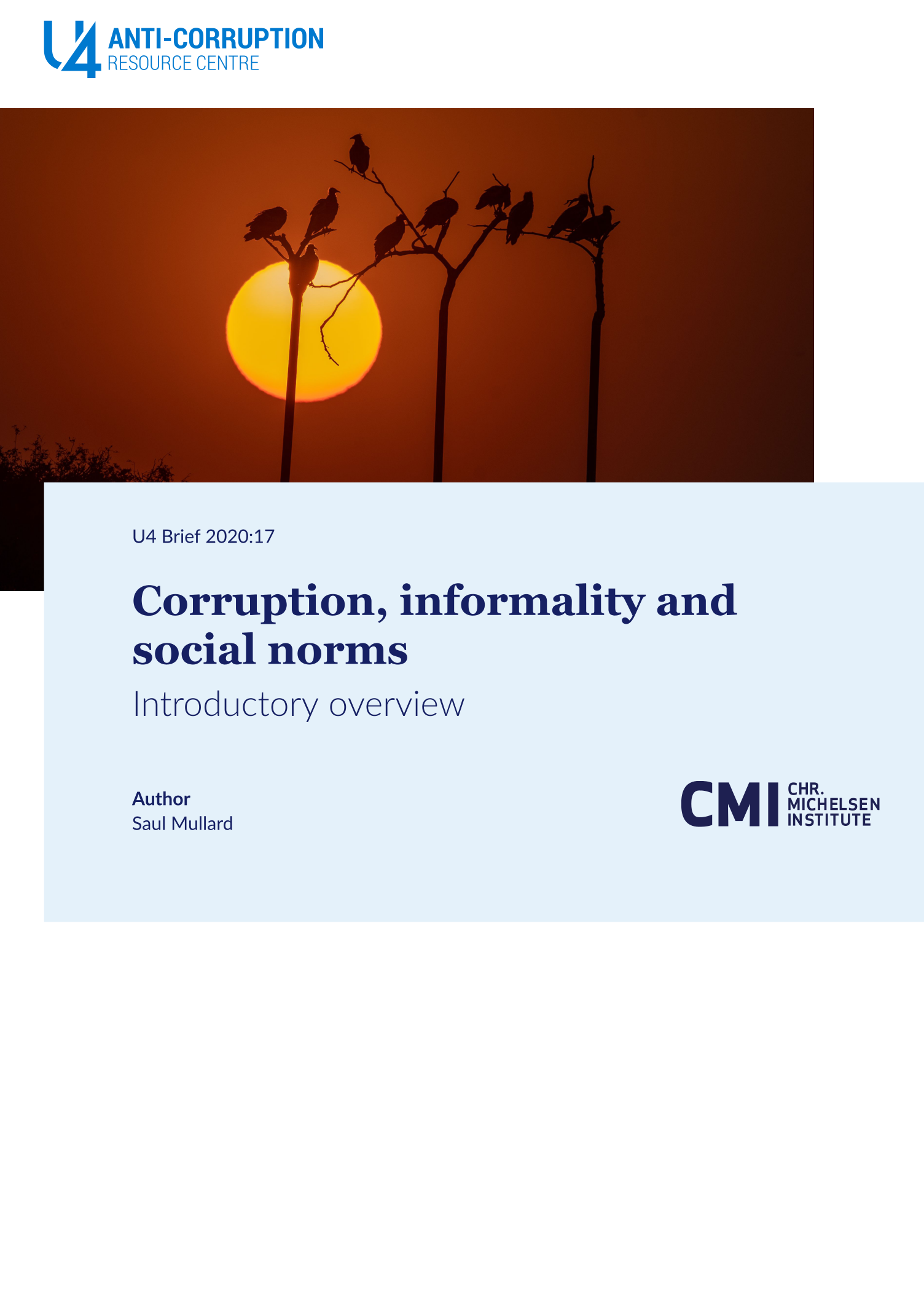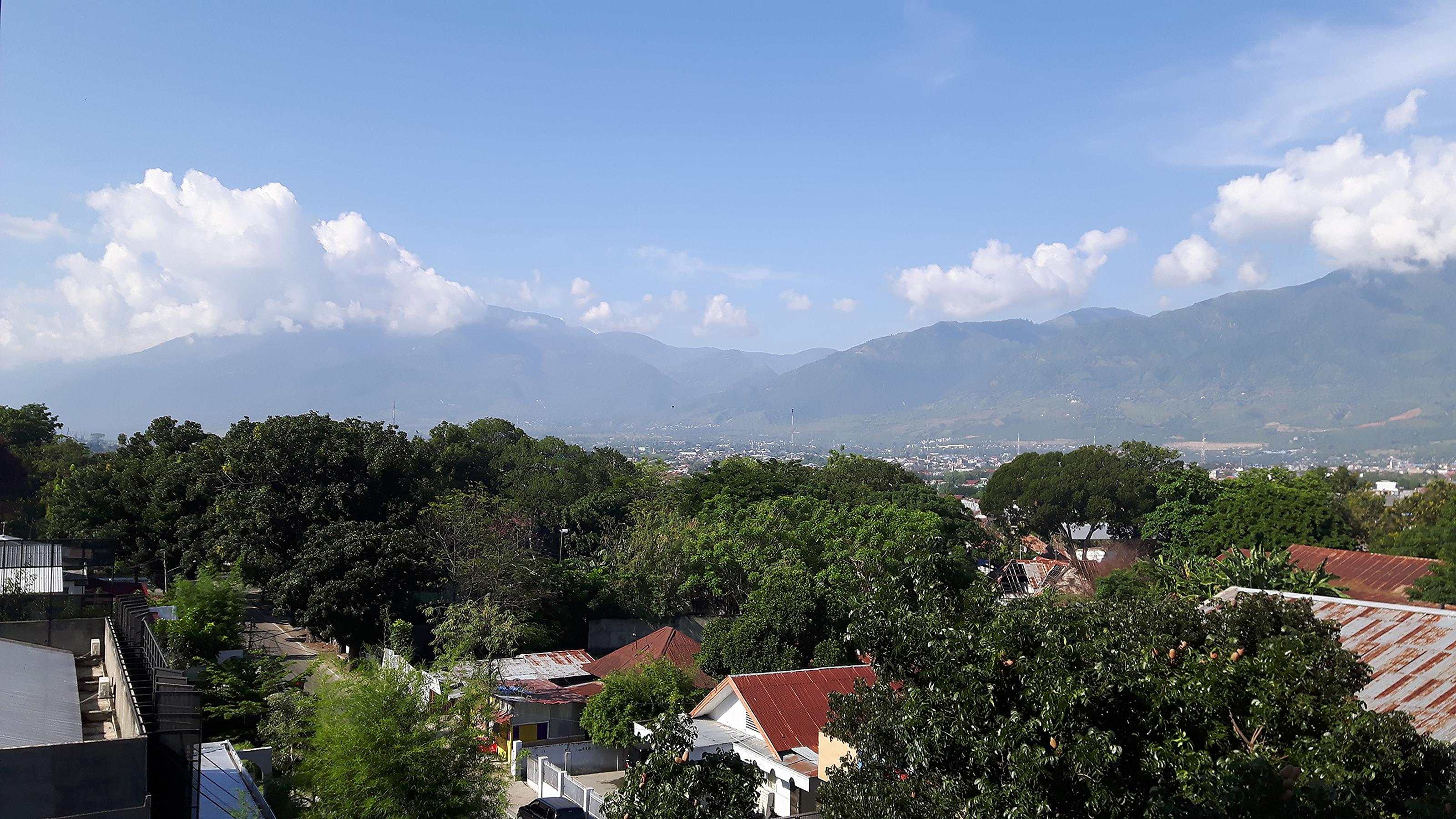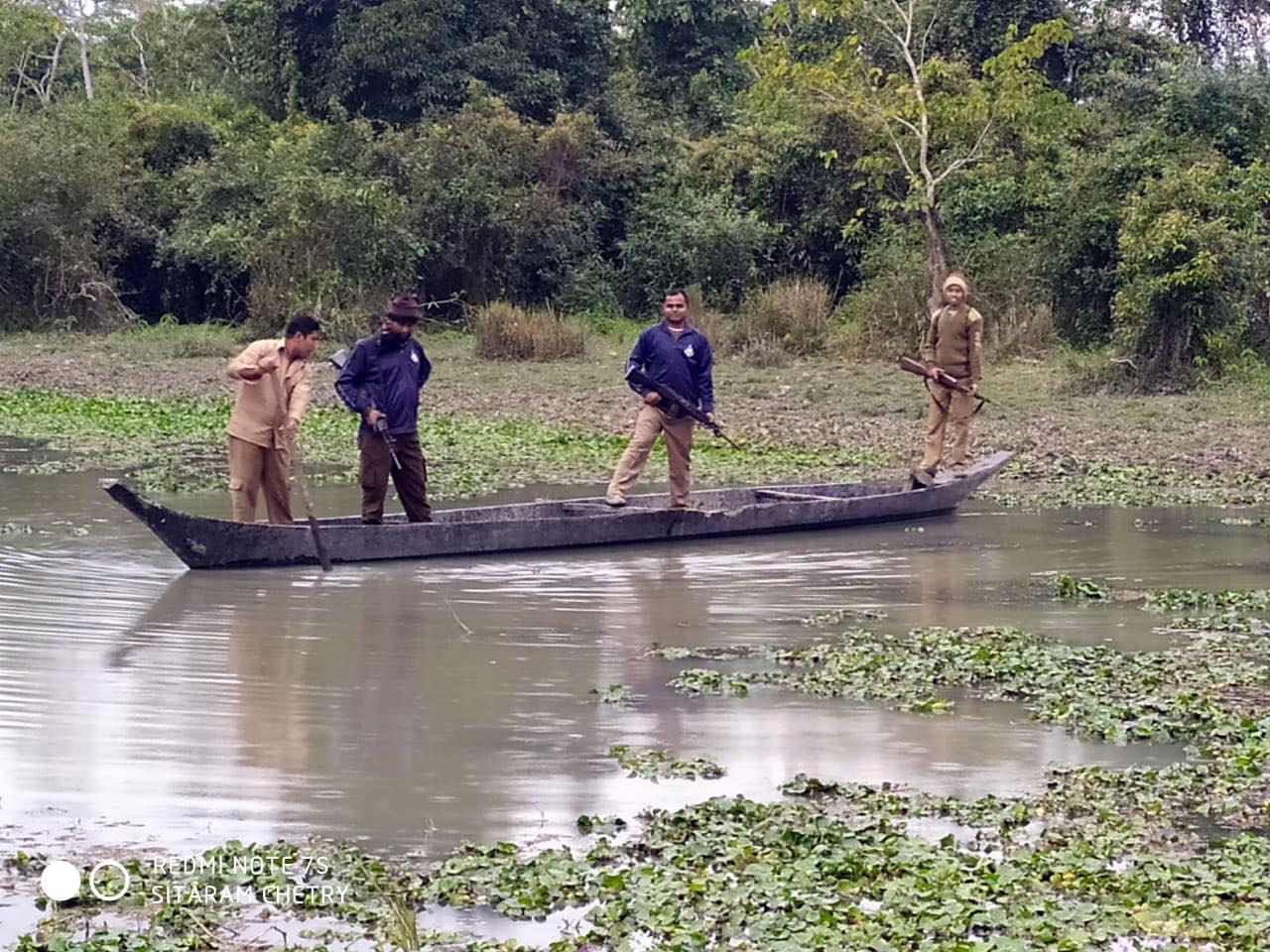Main points
- Social norms are the unwritten rules of a society that guide and shape behaviour. They can help explain why people participate in corrupt actions and how they interpret conservation and responsible natural resource management.
- Knowledge about social norms can inform better anti-corruption responses in conservation and natural resource management.
- There is no single ‘norm of corruption’. Rather, there are norms that, in certain conditions, may promote corrupt behaviour.
- Norms need to be addressed carefully – avoiding ‘good/bad’ labels.
- Informal systems and networks can both facilitate and mitigate corruption depending upon the context.



